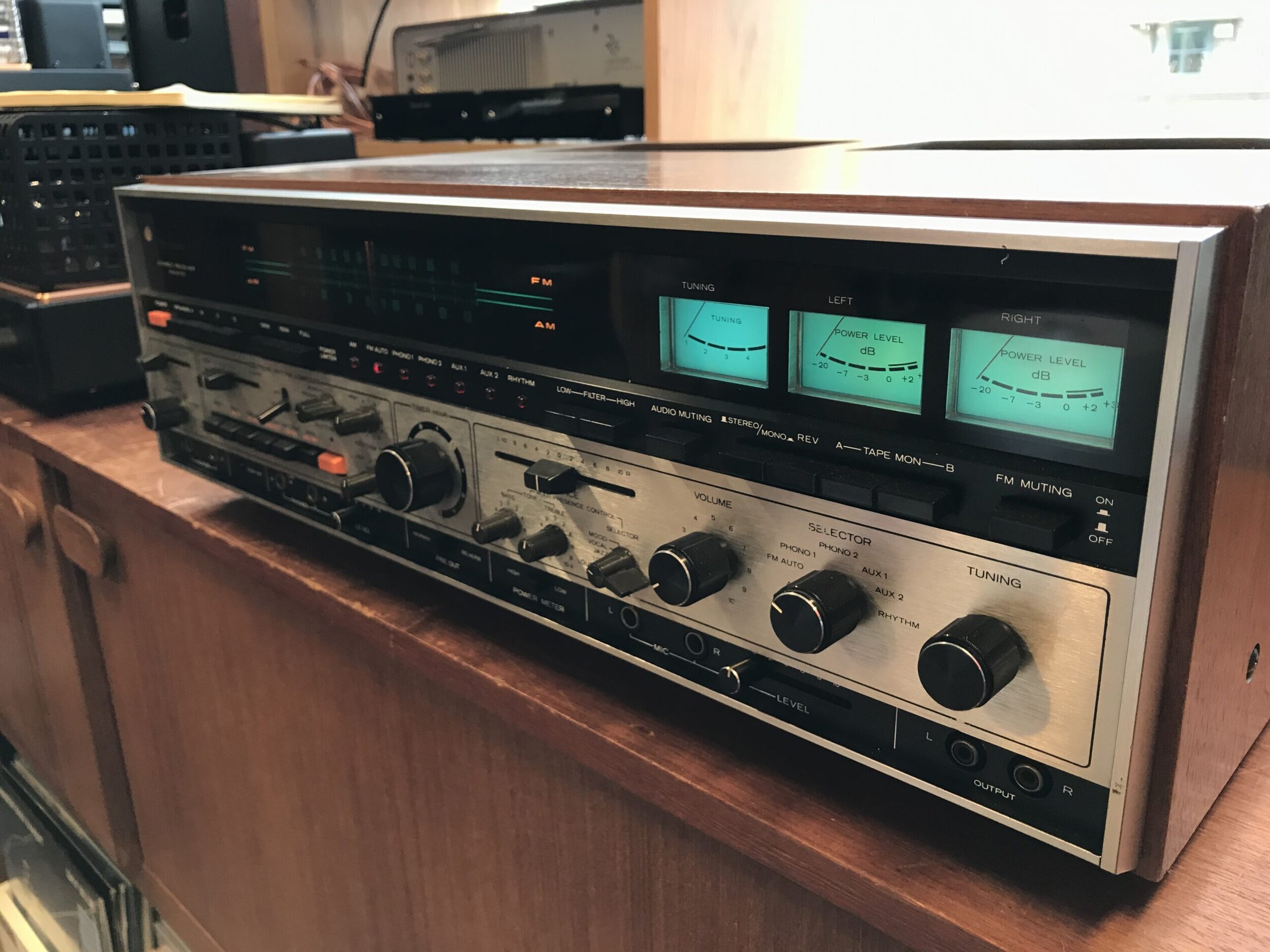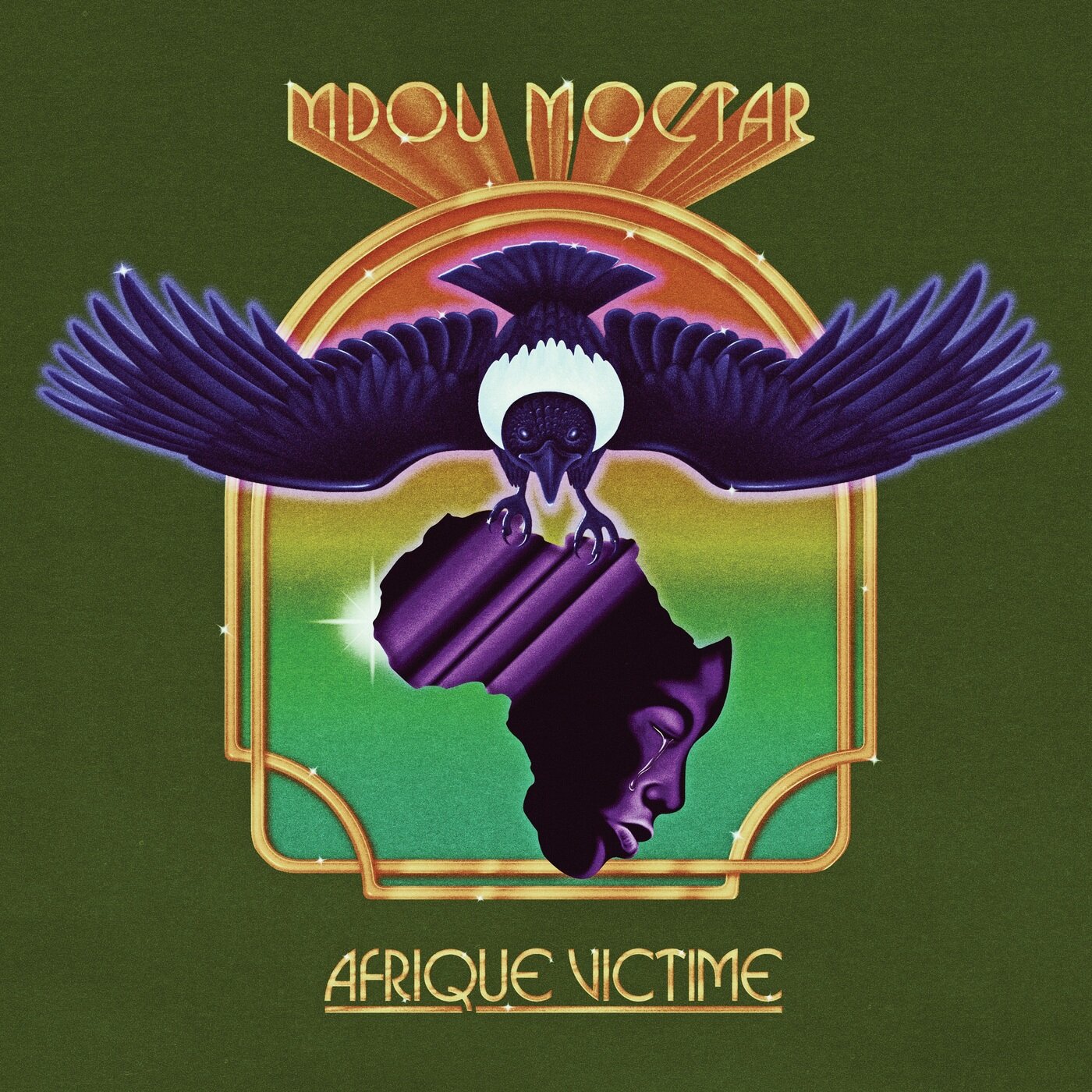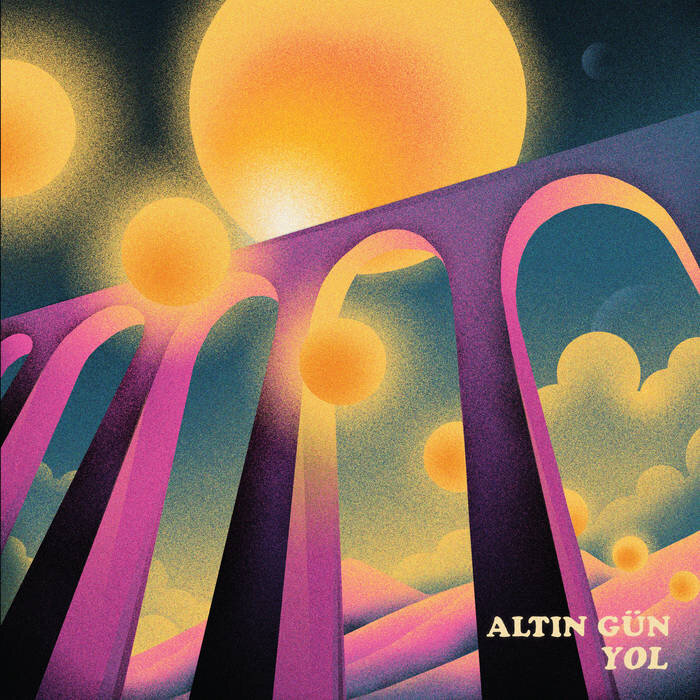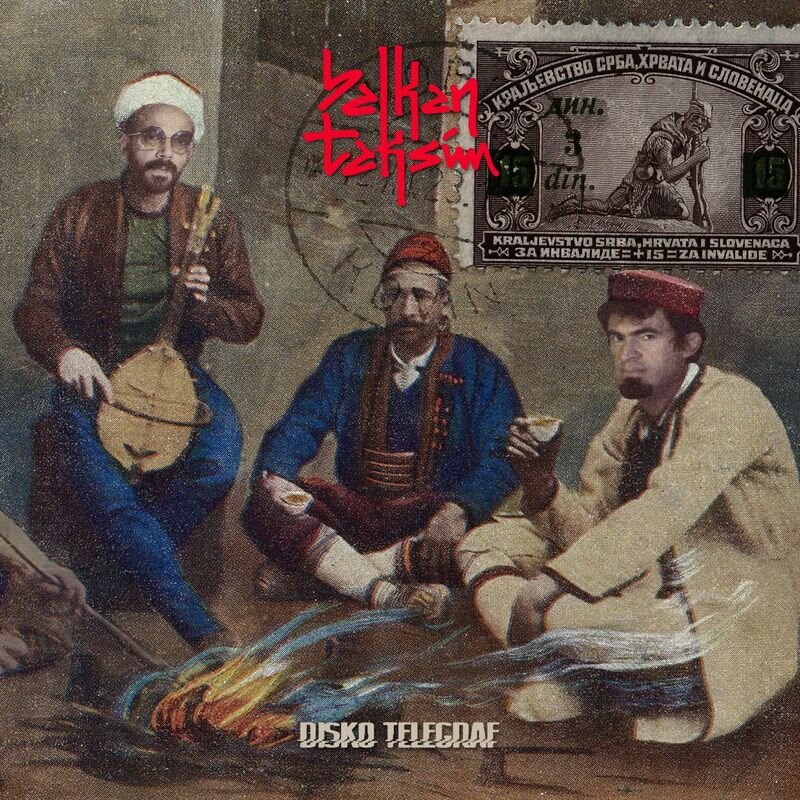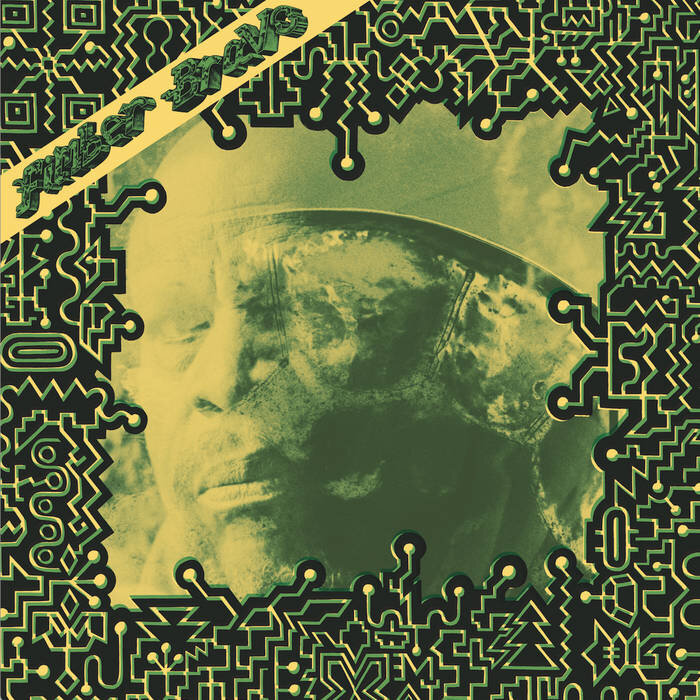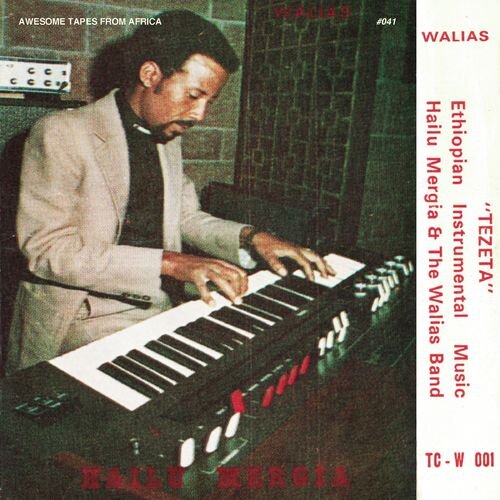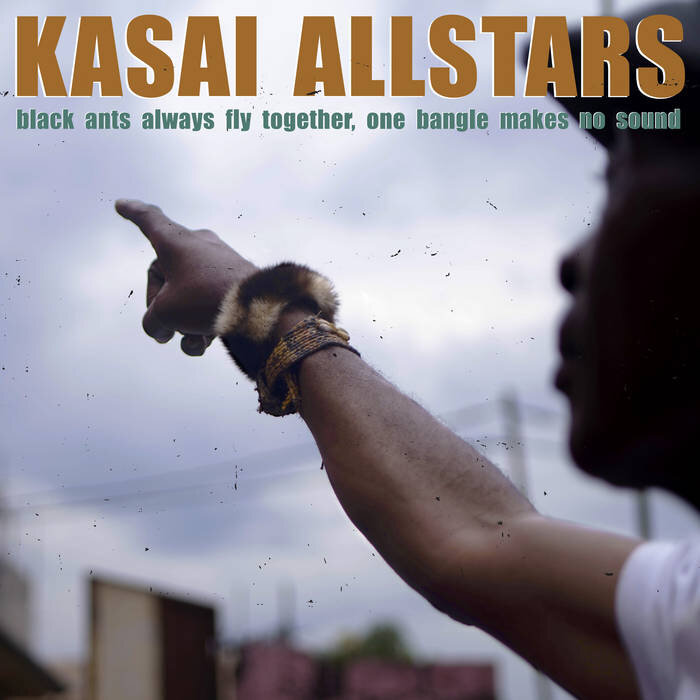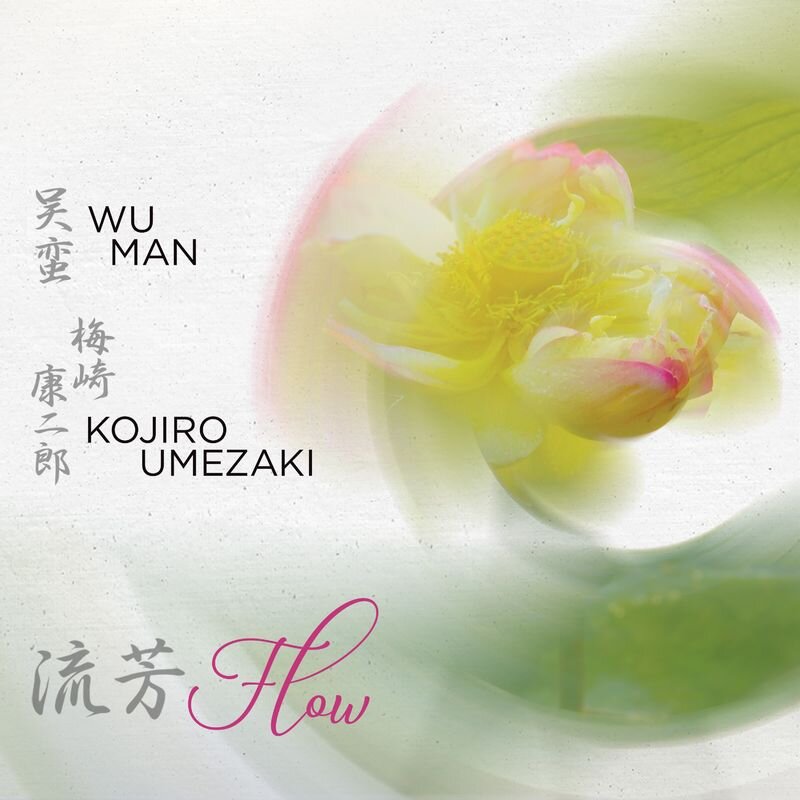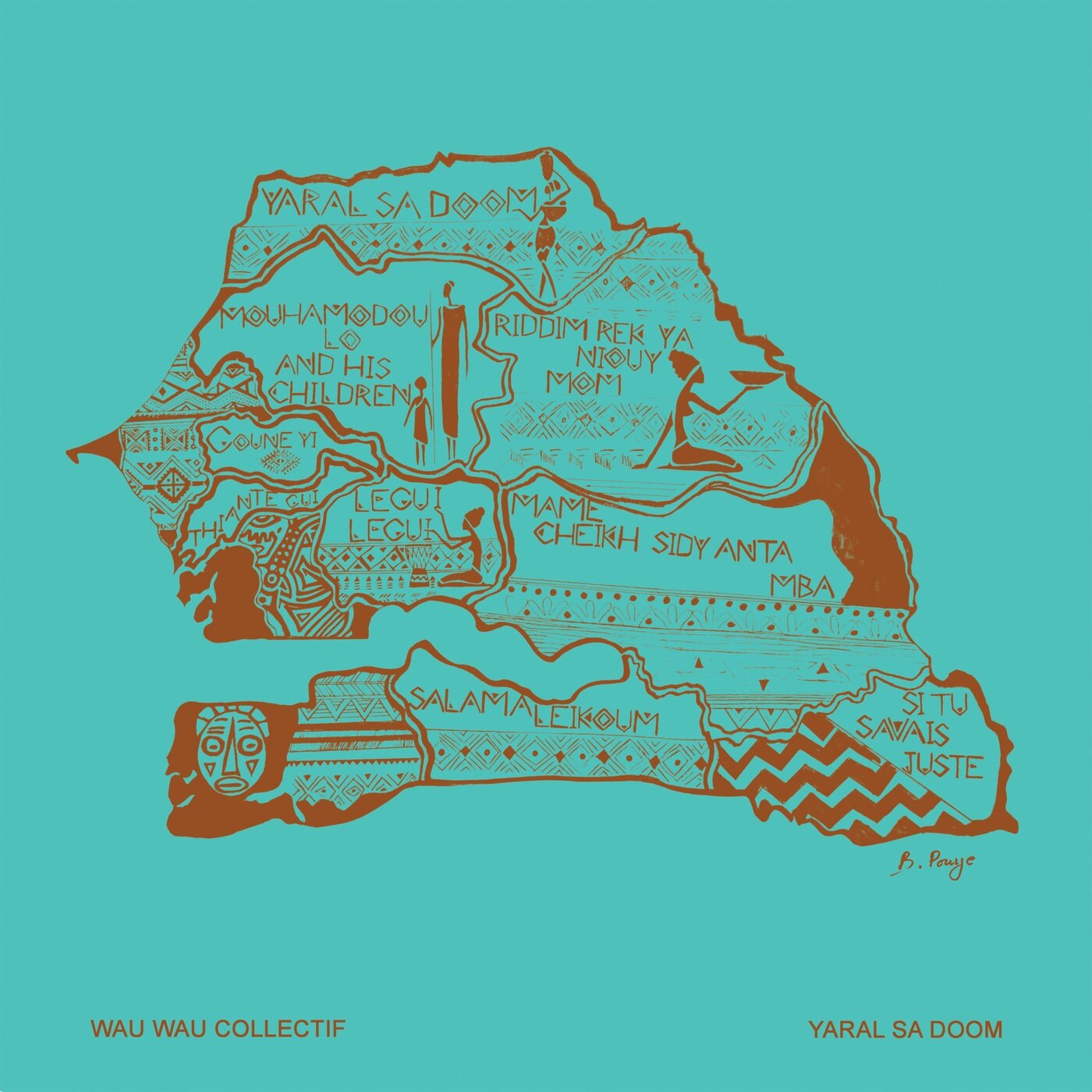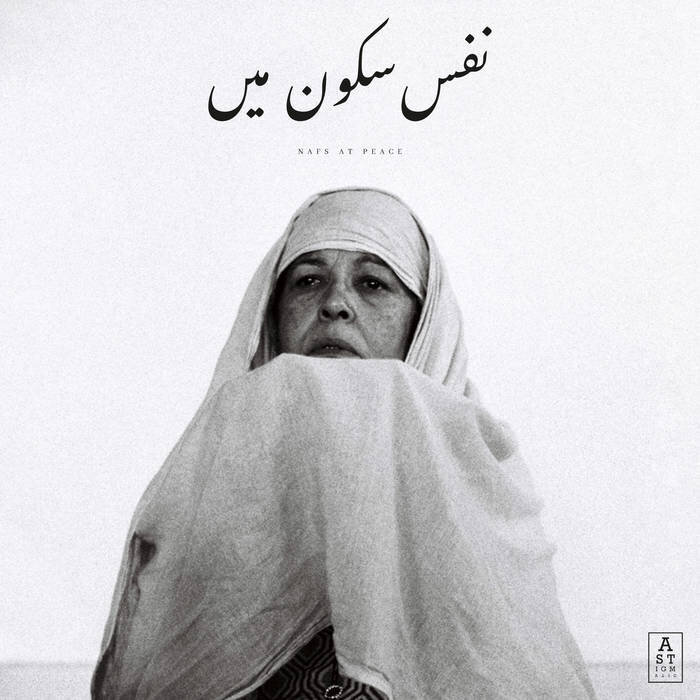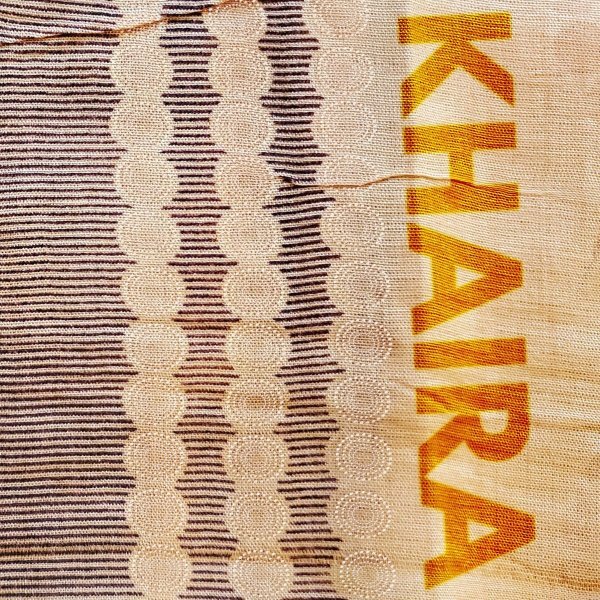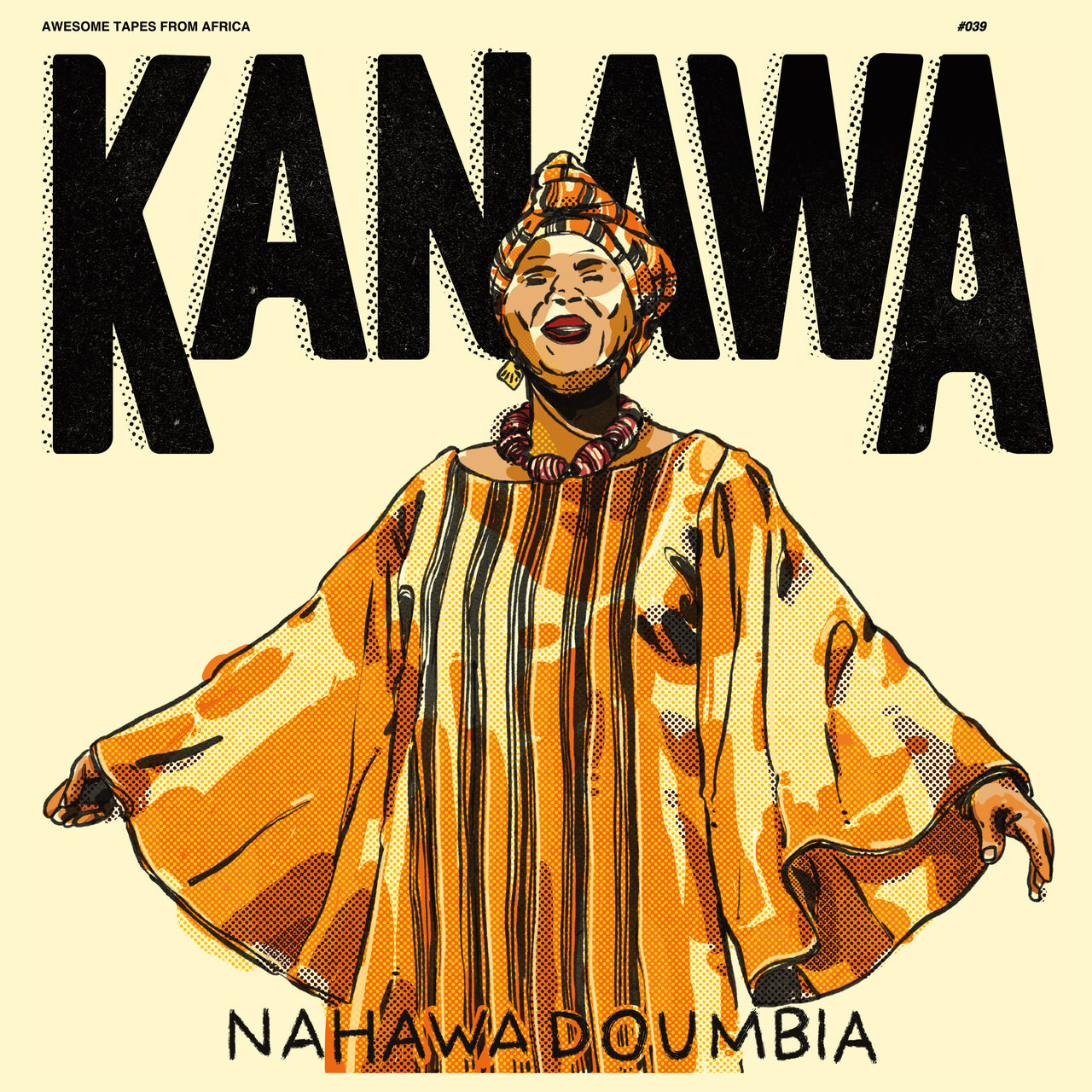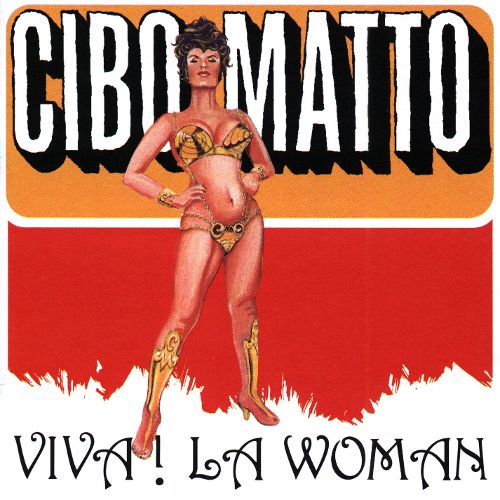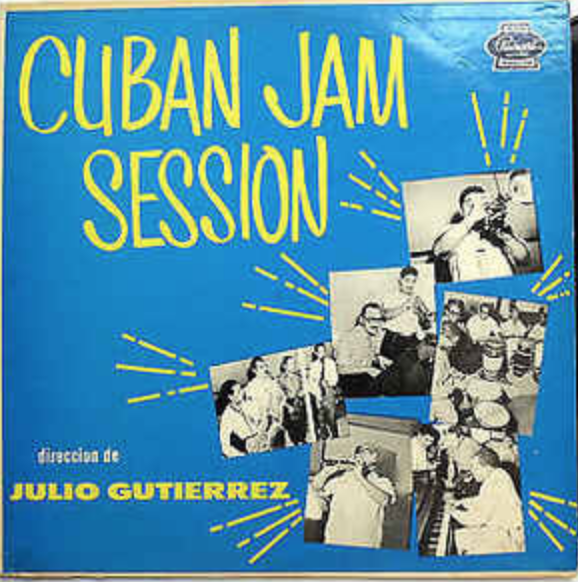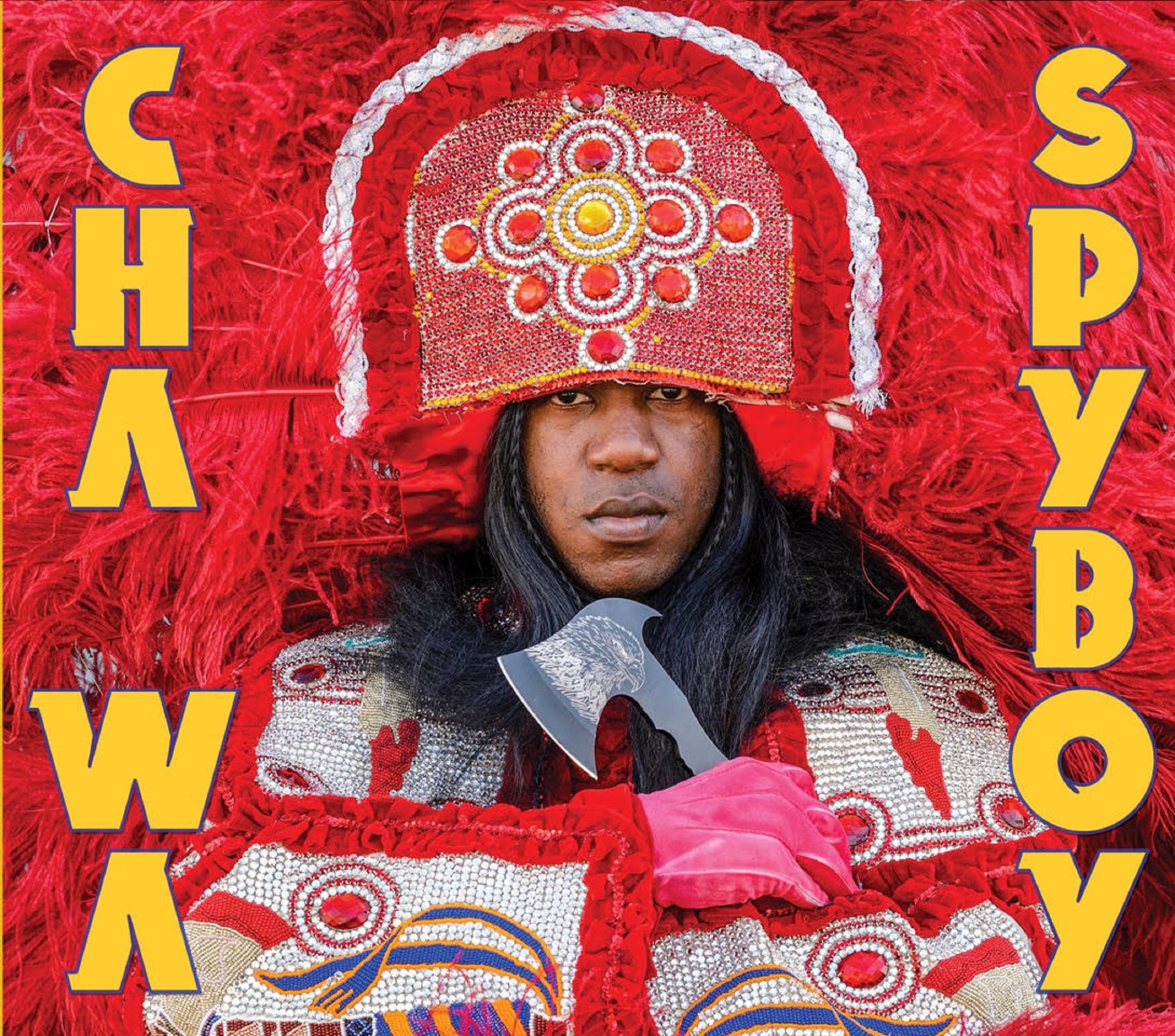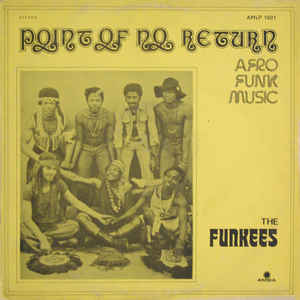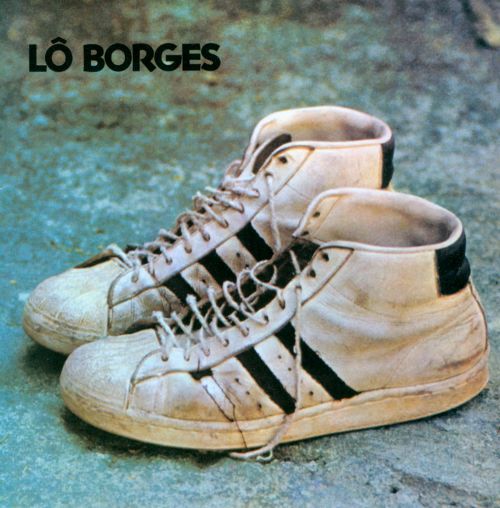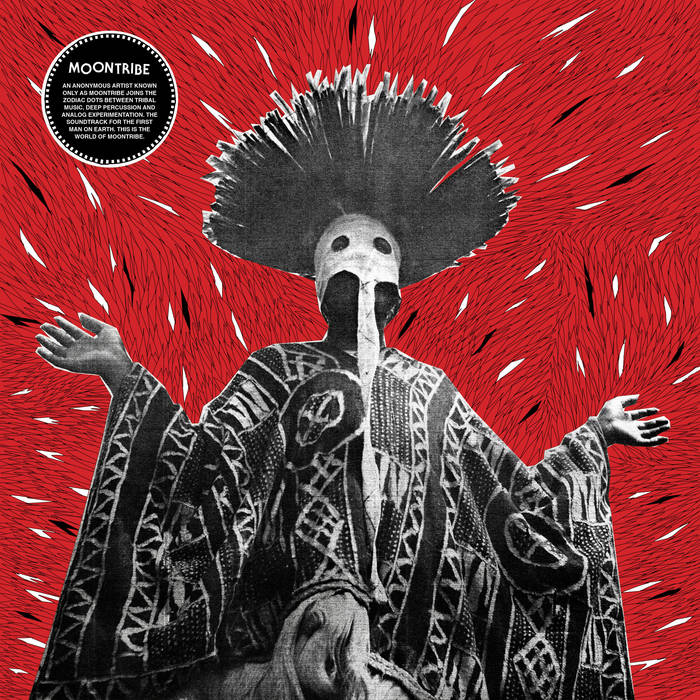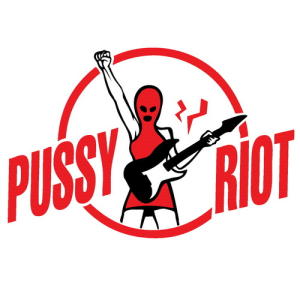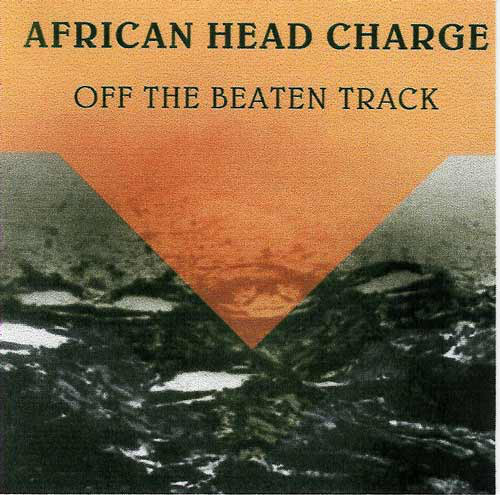Episode 53
On June 11th of 2018, in an effort to help fight Xenophobia through music, I started a weekly podcast featuring music from all over the world. Each episode was approximately 30 minutes long and featured interactive things like a map so that you could see on the globe where each artist was from. I did 52 episodes (1 year) and then put the project on hiatus.
But, now three years later, I thought it was a good time to revisit the Global Elite Music Radio Podcast Supershow. I don’t think this will be a regular thing, but to celebrate the three-year anniversary, I put together an hour-long episode featuring 11 of my favorite 2021 songs so far from all around the world.
A couple of notes: I broke the Global Elite Music Radio Podcast Supershow rule of no repeats. I’ll let you figure out which artists have appeared before. Also, I did not take the time to profile each artist individually this time, sorry. Otherwise;
Enjoy.
Tracklisting:
“Chismiten” by Mdou Moctar
“Yüce Dag Basinda” by Altin Gün
“Žali Zare” by Balkan Taksim
“Tabli Tabli” by Fimber Bravo
“Zengadyw Derekou” by Hailu Mergia
“Olooh, a War Dance for Peace” by Kasai Allstars
“?/Bamboo” by Wu Man and Kojiro Umezaki
“Yaral Sa Doom” by Wau Wau Collectif
“Mosty” by Jaubi
“Salou (Live in 2010)” by Khaira Arby
“Didadi” by Nahawa Doumbia

